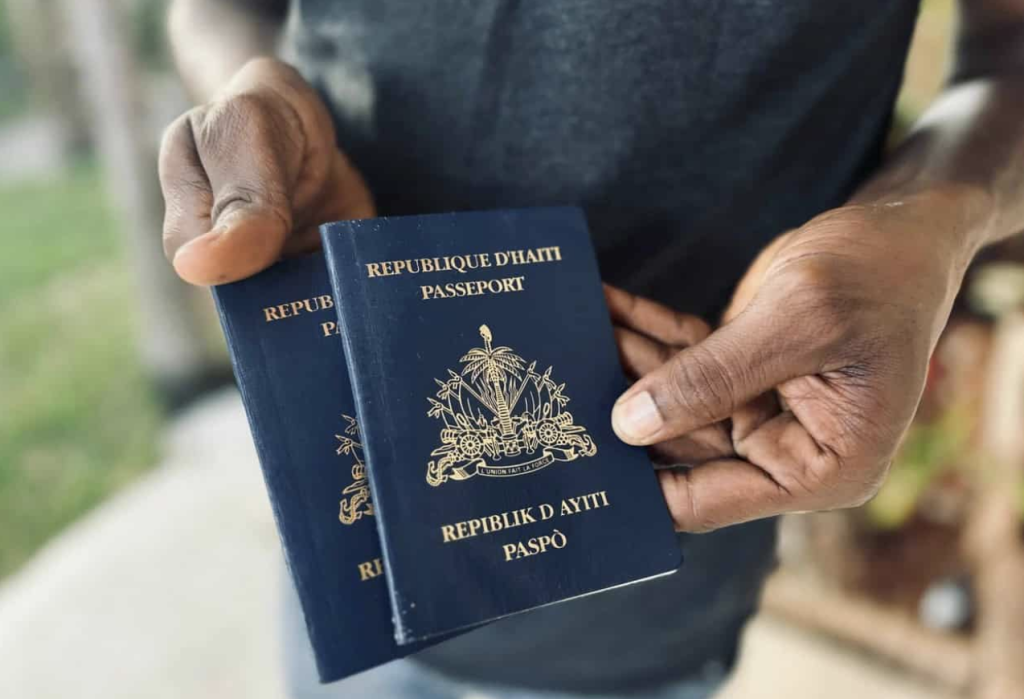
Over the years, hundreds have demanded Dominican nationality be allowed for “the stateless” migrants from Haiti and their descendants. Dominican legislation does not recognize as Dominicans those born here of parents without legal residence status. Yet, for decades, human rights organizations have placed the onus on the Dominican Republic, ignoring the fact that the problem originates in Haiti itself where much more than half of the population in Haiti does not have legal identity nor is a path being forged for this major violation of human rights situation to change.
This past week, Dominican lawyer Jaime Fernandez Lazala asks the question everyone should be asking? Why does the Haitian state and government make it so costly and difficult for people in Haiti to get a legal identity? This has created a nation of people without papers, without rights.
As anywhere else in the world, he writes that in Haiti, possessing a national identity document is not only a legal right but a necessity for access to education, healthcare, employment, and civic participation. Now that Haiti is in a state of utmost chaos, the millions who have migrated across the 391 km border to the Dominican Republic have struggled with the obstacles in place for regularizing their status in Haiti as a first step towards regularizing their status in the Dominican Republic.
Fernandez Lazala writes that the situation is not new. He writes that for over 250 years, the majority of Haitians have struggled —or failed entirely— to obtain a legal ID. At the heart of the issue lies a mixture of systemic corruption, weak institutions, and a history of exclusion.
He explains for Diario Libre that the identity process in Haiti is marked by corruption and long delays. He said that while Haitian law guarantees citizens free access to the Carte d’Identité Nationale Unique (CINU), in practice, acquiring this essential document is often costly and demeaning. Applicants regularly face demands for bribes—reportedly up to 5,000 gourdes (approximately US$35)—from officials within the Office National d’Identification (ONI), the government agency responsible for issuing IDs.
The result is a widespread culture of extortion and bureaucracy, with millions of Haitians effectively barred from the legal recognition that underpins all other rights. Without identification, individuals are denied basic services, cannot open a bank account, or enroll in school. Many are unable to travel freely, access healthcare, or even prove their nationality —leaving them vulnerable to abuse, detention, or deportation.
The ONI began working on a national ID system in 2005. Yet the rollout has been excruciatingly slow. In 2017, the Haitian government signed a contract with German firm Dermalog to implement a biometric identification system. A decree issued in 2020 made the CINU mandatory and gave citizens just 120 days to obtain the new card —a deadline impossible to meet given the lack of infrastructure, transparency, and public awareness.
Despite some international support—from the Inter-American Development Bank (IDB), the United Nations, the European Union, and USAID—the effort remains incomplete. Limited funding, technological barriers, institutional instability, and political unrest have all slowed progress.
The human cost of invisibility
The absence of legal identification doesn’t just create administrative inconveniences, it fosters generations of legal invisibility. Haitians without documents are often trapped in a vicious cycle of poverty, denied the means to improve their lives or those of their children. Many fall into statelessness, especially when born abroad or in countries like the Dominican Republic, where birthright citizenship is denied to those born to undocumented foreign parents —most often Haitians.
Fernandez Lazala calls for Haiti to move forward. He writes that solving Haiti’s identity crisis will require more than technical fixes. It demands political will, institutional reform, and international cooperation on a new scale. The system must be transparent, accessible, and truly free —as promised by law. Until then, millions of Haitians will remain invisible to their own government and to the global community.
He concludes that invisibility is not just a bureaucratic failure. It is a human rights crisis.
Read more in Spanish:
Diario Libre
4 August 2025

